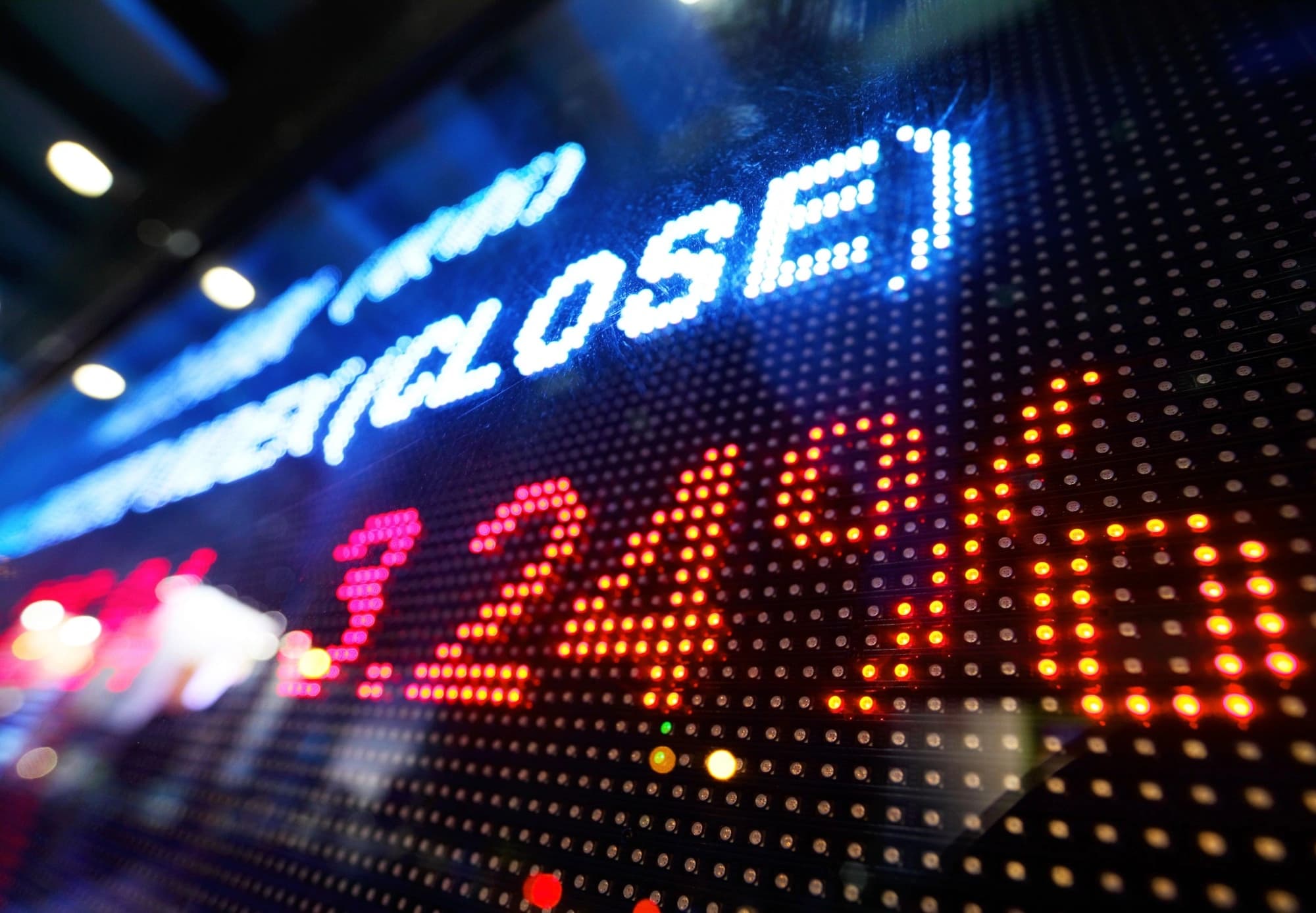Published on: 03/22/2024 • 6 min read
How Was Stock Market Performance in January 2024?

January 2024 is now behind us, and it was another good month for investors in domestic equities as well as for stock market performance overall. The S&P 500 delivered a total return of 1.68% for the month as the largest companies in the index, now dubbed the “Magnificent 7,” continued to deliver for investors. Despite an improvement in market breadth and nearly 85% of S&P 500 stocks now trading above their 100-day moving averages, the magnificent 7 have made up a growing percentage of the index weightings.
We’re not just seeing this in the S&P 500; if we look at the MSCI USA Index, the top 10 companies in the index account for nearly 30% of the index. That’s well above the historical mean, as the chart below shows. The last time we saw indices this top-heavy was during the dot-com bubble, and most if not all of us, remember how that played out.

Source: J.P. Morgan Quantitative and Derivatives Strategies, MSCI
Market concentration: implications and historical context
In light of the market’s increasing concentration in a handful of companies, many investors are questioning whether the market is at risk for another bubble. While it’s certainly possible that we could see a correction or pullback in these high-flying stocks, it’s important to remember that not all sectors and industries are experiencing the same level of growth.
Additionally, this time around may be slightly different from the last time indices were this high, because the companies in pole position have actual earnings backing up their equity performance. If we look at earnings as measured by net income, we can see that as a group, the Magnificent 7 have outshined their public market peers since the middle of 2023.

Source: X @dlacalle_IA
Is this level of earnings performance sustainable enough to keep pushing the Magnificent 7 higher and, as a result, the major market indices higher? It may be a tall order, but if we look at history going back to 1950, a positive return during January often leads to positive performance for the subsequent 11 months. It is, however, not always the case that a strong January leads to a strong year.

Investors must therefore be prepared for volatility, especially considering elevated geopolitical risk, Fed policy uncertainty, and the upcoming US presidential election. If you haven’t already, schedule a conversation with your financial advisor to review your investment risk management strategy to make sure it’s updated to reflect what’s happening in the markets.
Continue reading: 10 portfolio investment strategies you should be leveraging
Navigating a top-heavy market and its potential downfall
The top-heavy market has naturally led to many questions about the potential implications for investors. One concern is that this market concentration could lead to increased volatility, as a downturn in one or more of these top-performing stocks could have a larger impact on the overall market.
Another concern is that this market dominance by a few large companies could stifle innovation and competition, as smaller companies may struggle to compete with the resources and market power of these industry leaders. These concerns are valid, as the current market weight distribution could have long-term effects on the economy and overall market performance.
Learn more: What is the difference between bull and bear markets?
Cash reserves in US households and what it might mean for the markets
The good news, and perhaps also the bad news, is that US households today hold a lot of cash. In fact, total cash being held by US households is up $13T compared to pre-COVID levels.

On one hand, this demonstrates a certain level of caution among consumers which could be interpreted as a lack of confidence in the economy or concern about potential market corrections.
This means investors today have cash to deploy into investments at more favorable prices should episodic volatility arise. However, it also means that investor returns may get dragged down in the meantime as they hold excessive amounts of cash, which can dampen economic growth and the compounding benefits of investing.
This conservative approach can lead to a self-perpetuating cycle of decreased consumer spending and investment, potentially impacting economic recovery and growth. Investors should also consider their own cash holdings and whether they align with their long-term financial goals and risk tolerance. After all, striking the right balance between cash and investments is extremely important, and is a key part of any comprehensive financial plan.
Is your portfolio optimized to meet this year’s market? Let’s talk.
While stock market performance may be top-heavy at the moment, investors need remind themselves that this is not a repeat of the past, and that this is not a scenario that has a one-size-fits-all solution. Every investor has unique financial goals and risk tolerances, and your personalized investment management strategy should reflect that.
By working with a trusted financial advisor from Avidian Wealth Solutions and regularly reviewing your portfolio, you can navigate through potential market volatility and make better-informed decisions to help achieve your long-term financial goals.
Don’t let the fear of a potential market bubble or volatility hold you back from taking advantage of investment opportunities and building wealth for your future. Schedule a conversation with us to help identify the right amount of cash to hold or explore how Avidian can help you and your family reach their financial goals and objectives.
More Helpful Articles by Avidian:
- What Are The Benefits of Thinking About Retirement Expenses Now?
- How To Keep Property In The Family Forever
- What Are The New FinCEN Requirements?
- What You Need To Know About 529 Accounts for Grandchildren
- How Does an Irrevocable Trust Protect Assets?
Weekly global asset class performance

Please read important disclosures here
Get Avidian's free market report in your inbox

Schedule a conversation
Curious about where you stand today? Schedule a meeting with our team and put your portfolio to the test.*